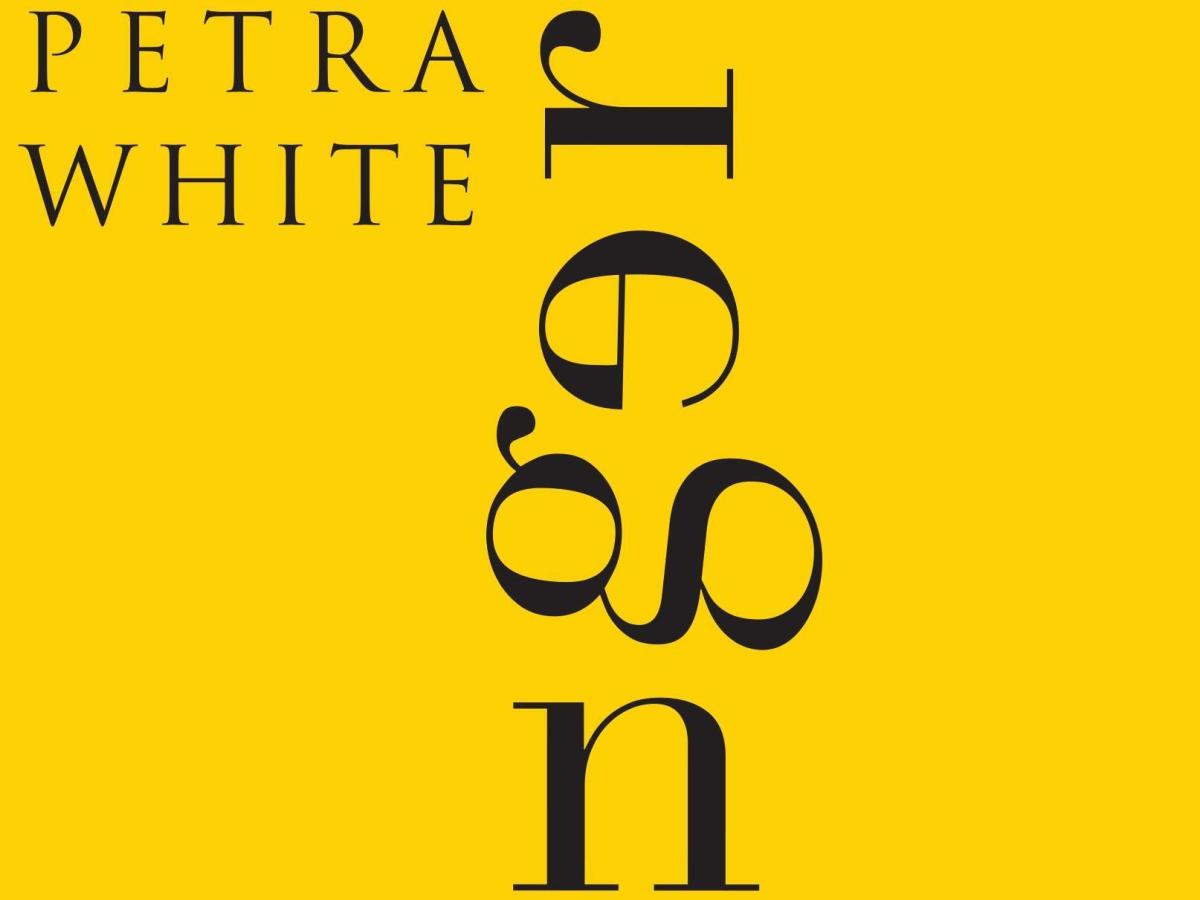Poetry is a divine exploration of our imagination – an embrace of risk, of challenge and uncertainty, sometimes a terrifying deliberation into our deepest recesses, heavily boxed up, locked and chained in the dark. Poetry could simply be about having the courage to go looking there, dusting cobwebs off and illuminating the space.
In A Hunger by Petra White, I’m often struck by the intensity of her imagination and emotions so tangible they connect deeply with the visceral and primal. White delivers in her poetry a substantial collection of free-flowing ideas, delicately cadenced and yet unrestricted. Her writing is usually challenging, examining a life with depression, love, nature and the self as prominent themes.
A Hunger is a delightful compilation of three full-length collections of poetry. Collated in this edition are two of White’s two previously published works The Simplified World (2010) and The Incoming Tide (2007) demonstrating a progression in the author’s development, repertoire of thought, internal and external experiences.
The publication begins with a collection of thirteen love poems. ‘Ode on Love’ is a particularly challenging and strong reading of thought where there is clearly a level of mental stress and cognitive disquiet that outlines the terrible cruxes of doubt involved in new love. Confusion, particularly the weightlessness of doubt can be like an ailment, an abysmal sickness for us, plaguing and draining with its ambiguity. For White, there is repeatedly a tangible frustration felt in her writing that becomes almost migraine-inducing. The physicality imbued in the words ‘circling body-mashing doubt’ seems to illuminate something of this, as the poet strives to decipher the labyrinth of her love object and restlessly documents fragmented thoughts:
The self tries to locate him, and itselfIn all the moving signifiers of love,
Lover and love, meaning and feeling,
Thing that says, love this one, not another.
I lie in bed scratching at the night.
Absent, his beauty
Evaporates. He flickers before me,
Knowable-unknowable, central-lover, man-figure
How I hope against. How I want to know if he.
And love dares the self (p. 6)
White is feeble and struggling here; weak and somehow absent, but still a tactile symbolism is expressed, or imprinted from another altered level of consciousness. In ‘the Ecstasy,’ White writes:
…love, about the size and shape of a man,An embrace like the potter’s hands around
The spinning clay, spinning and spinning (p. 13)
Lovers repeatedly present themselves as abstract entities in the writing. They are simply illusions, shapes and metaphors hovering around in the limpid air of the surreal, without form or identity. So really, it is difficult to know whether White writes about one person or several, or simply love as an idea, or just a feeling. For this poem in particular, one might assume that love is movement – dizzying and spellbinding. Love becomes connecting to, or mingling with ‘the other.’ Still though, for the author, the idea of the lover constantly seems to evolve, transcend and morph. This notion can be no better articulated than in ‘The Rhapsode’:
Love, small morsel,Becalms the dark self, the lover
Sifts, unknowingly,
Through his various forms:
Demon, protector, seducer;
Hard to make room for him,
To make it not a sickness (p.14)
On the other hand, White begins to diminish the experience of love in ‘Selva Obscura.’ Here she examines conflict within the embodiment of the self, feelings become stagnant and somewhat artificial. A digestible food instead, that is temporary and consumable. But still always probing, prodding for deeper meaning, readers will find that the love poems in particular are pleasingly philosophical but as most of the poetry, still heavily underpinned by echoes of melancholy, longing and lamenting weights of sorrow. Restlessness, angst and a sense of ambivalence generally mark the tone of a lot of the writing.
Though the musings on love are possibly some of the strongest works in this publication, and while there usually is a sense of a questioning detachment in the writing, White holds a very deeply rooted connection to place and activity of her surroundings, in contrast with dark recesses of mind. She is clearly inspired by nature, much of her poetry additionally written while on travel, or location – which some readers may find to be a refreshing break from some of the more disconsolate, or bleak collection of stanzas, of which there are ample.
White’s remarkable ability to introduce a new perspective and innovativeness to the mundane is something intrinsically difficult to do. This is particularly evident in her poems examining the dreariness of office work. Injecting sharp observations into passages and carving irony into verses, she examines the austerity of contemporary settings, with a focus on personal achievement. In ‘The Sound of Work,’ reflecting on the system of human trajectories, she bleakly writes:
We are made by what loves us:Our thought-paths grooved by the terrible
Thumbs of those who try their best (p.37)
Readers already familiar with Petra White’s poetry will find the new collection of works wonderfully poignant, and those who have not yet discovered this contemporary Australian poet will be delighted by the haunting and luminous reflections of this accomplished author.
Rating: 4 out of 5 stars
A Hunger
Petra White
ISBN: 978-0-9925371-0-4
Published by John Leonard Press
Paperback, 155 pp





